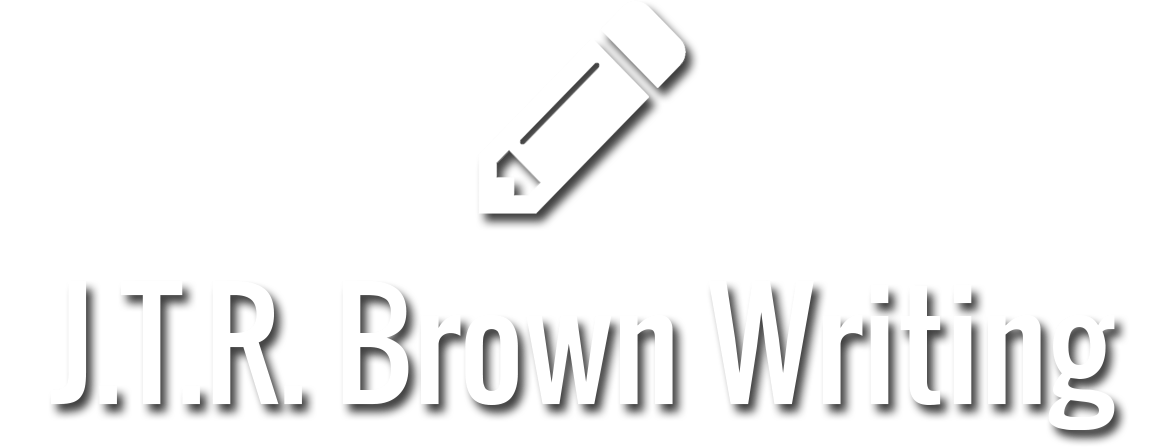In the industry of professional wrestling, some people get over with flashy moves. Others create clever catch phrases that worm their way into the collective conscious of the fans. Still others will resort to being arbitrarily controversial or just plain weird. In a way, Steve Austin used pieces of all these approaches, but more than anything, Austin got over in his own unique way. Steve Austin got over by being American.
Before you start emailing me about Hulk Hogan, “The All-American” Lex Luger, and even “The Patriot” Del Wilkes (I can’t remember the last time I thought about that guy!) I want to clarify what I mean by being American. The aforementioned trio, and a handful of others, have gotten over by intentionally associating themselves with patriotism. They wore outfits with the flag on them. They came out to songs declaring their love and devotion to the United States. They got over with American imagery and rhetoric. But they didn’t get over by channeling American ideals.
How could Steve Austin be more “American” than the wrestlers mentioned earlier? He rarely spoke of his home country in his promos. He generally dressed in black and his music was hardly the “Star Spangled Banner”. What Austin seemed to understand was that American wrestling fans loved what America represented more than America itself.
First of all, Austin was the embodiment of Rugged Individualism. He associated with no group. He relied on no partners. He was the lone wolf, his survival hinged solely upon his own skills and hard work. This philosophy makes for a difficult existence, but it produces toughness, self-reliance, and inner strength. This idea resonates with Americans because it’s woven into the fabric of our history. Many fans view themselves as individualist, either consciously or unconsciously, and to see this idea played out in the vibrant and bombastic world of professional wrestling is deeply satisfying.
Austin was also unapologetically blue collar. His interests were simple; hunting, fishing, and drinking beer. He didn’t concern himself with notions of intellectual development or existential meaning. Not surprisingly, this “common man’s confidence” spoke to the wrestling fans of his time period, and continues to do so today. The sociological makeup of the wrestling fan base is disproportionately blue collar. Inevitably, people are going to identify with those they see as part of their cultural group, and Steven Austin was a natural standard bearer for the American laborer.
Finally, Steve Austin had a deep hatred for authority. The most affective story lines involving Austin, were also those involving his antithetical foil, Vince McMahon. Vince was a rich, educated, powerful, well-groomed Yankee who imposed his will on all those under him. Austin not only bristled at this authority, he openly rebelled. Wether it be the federal government or corporate suits, most wrestling fans despise people having power over them. The American ethic is built around the idea of individual freedom and responsibility. Fans got to live out their workplace fantasies when they watched Austin beat up his stuff-shirt boss. Again, in respect to the sociological makeup of the fan base, it is likely many viewers worked at a job where they had a direct supervisor, whom they likely despised. The notion of personal freedom is expressed most fervently when it is threatened.
Ultimately, any wildly popular professional wrestler has to find a way to connect with the fans. Even the heels have to be able to identify something the viewers hate, and project it convincingly. The best wrestler, is one sensitive to the collective psyche of the fans. Austin was particularly memorable because he captured the ideas of a nation that prides itself on ideas.
